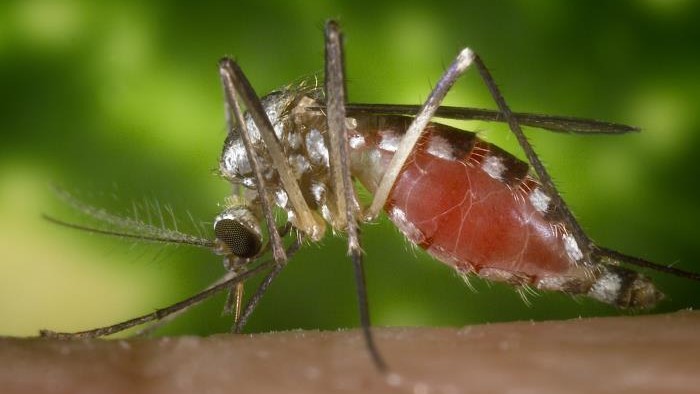Antidepressants could fuel the rise of superbugs, lab dish study suggests
A lab study suggests that antidepressants may push bacteria to become superbugs.

Antidepressants may drive bacteria to develop resistance against antibiotics, despite being a completely different class of drugs, a new study finds.
"Even after a few days exposure, bacteria develop drug resistance, not only against one but multiple antibiotics," Jianhua Guo, the study's senior author and a professor at the University of Queensland's Australian Centre for Water and Environmental Biotechnology, told Nature magazine.
This effect was only observed in petri dishes, so more research is needed to show whether antidepressants help fuel the rise of superbugs in the environment or the human body, experts told Nature.
In the study, published Monday (Jan. 23) in the journal Proceedings of the National Academy of Sciences, Guo and his colleagues exposed the bacterium Escherichia coli to different doses of five common antidepressants: sertraline (Zoloft), duloxetine (Cymbalta), bupropion (Wellbutrin), escitalopram (Lexapro) and agomelatine (Valdoxan). Throughout the two-month exposure period, the team tested the bacteria's susceptibility to 13 antibiotics, representing six classes of the drugs.
Related: Viruses unleashed into a woman's wound to slay superbug in her leg
All the antidepressants pushed the E. coli to develop antibiotic resistance within the exposure window, but sertraline and duloxetine had the most pronounced effects and generated the highest ratio of resistant bacterial cells to normal cells, the researchers reported. Guo's lab previously found that antidepressants can kill or slow the growth of certain bacteria; under this stress, the bacteria may adapt strategies to overcome the drugs, and subsequently, they also fare better against antibiotics, Nature reported.
The higher the dose of antidepressant, the faster the E. coli developed resistance, and the more classes of antibiotics they came to resist within the two months. Notably, bacteria raised in well-oxygenated lab dishes gained resistance faster than those in poorly oxygenated dishes; the latter experiments may better represent the environment of the human intestine, where E. coli typically grows in the body.
Sign up for the Live Science daily newsletter now
Get the world’s most fascinating discoveries delivered straight to your inbox.
The resistant cells produced toxic molecules called "reactive oxygen species;" activated pumps that help them push antibiotics out of their membranes; and mutated faster than normal E. coli, which raised their chances of acquiring drug-resistant gene variants. Sertraline also prompted bacterial cells to swap genes with one another, a key process in the spread of antibiotic resistance, Nature reported.
More research is needed to know whether antidepressants exert these effects on bacteria in the human body. "Strikingly, the antidepressants sertraline and duloxetine at clinically relevant concentrations in colon (e.g., 50 mg/L) caused an effect after only 1 d of exposure," the researchers reported; in other words, there may be high enough concentrations of the drugs in the human gut to drive resistance.
It's less clear whether antidepressants could spur these effects in wastewater, where antidepressants can be detected in lower concentrations. Read more in Nature.

Nicoletta Lanese is the health channel editor at Live Science and was previously a news editor and staff writer at the site. She holds a graduate certificate in science communication from UC Santa Cruz and degrees in neuroscience and dance from the University of Florida. Her work has appeared in The Scientist, Science News, the Mercury News, Mongabay and Stanford Medicine Magazine, among other outlets. Based in NYC, she also remains heavily involved in dance and performs in local choreographers' work.









